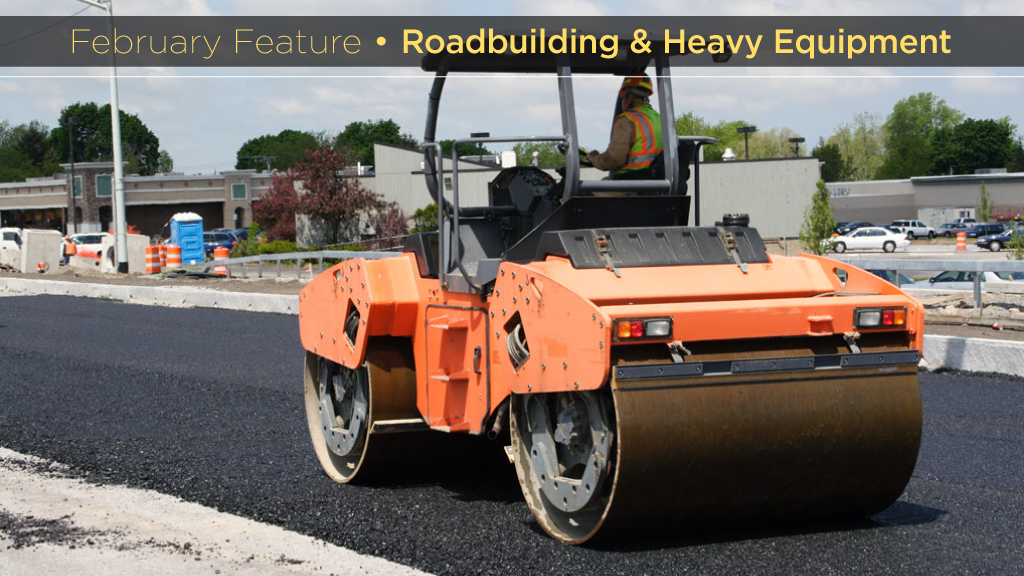Governments at all levels engaged in roadbuilding need to review the asphalt mixes opted for as climate change advances, cautions a Carleton University associate professor of transportation engineering who has co-authored a series of papers on paving pitfalls.
“The specifications have to change based on the current climate data,” said Dr. Kamal Hossain, as data is pointing towards more extreme temperatures and more precipitation and floods.
“The roads we are building now to last for the next 20 years, what is that climate going to be like?” he said.
The asphalt mix of aggregate and binders will need to withstand those environmental forces or succumb to degradation.
Looking downstream, the concern heightens.
Hossain has co-authored, with pavement engineer Surya Swarna, a paper on changes in asphalt binder grades presented at the 2020 Transportation Association of Canada (TAC) conference.
Asphalt binder is highly susceptible to degrade from temperature and sunlight. The Hossain and Swarna paper’s goal was to determine new binder grades across Canada based on projected climate data obtained from modelling to determine temperatures for 2040 to 2070. They then looked at 10 Canadian cities.
“Edmonton, Winnipeg and Quebec City need an upgrade in low-temperature asphalt grade in the case of cold climate change model. Similarly, Regina, Winnipeg, Toronto and Fredericton need an upgrade in high-temperature asphalt grade in the case of hot climate change model,” the study results showed.
‘We have to build them stronger’
But, a holistic approach to asphalt mixes is also needed, said Hossain. The substructure for the asphalt roads going forward needs to be built to withstand the increased forces of floods, rising groundwater and increased precipitation.
“We have to build them stronger so they don’t wash away,” he said.
Hossain, with co-authors, cited climate change temperatures and precipitation as the two major mitigating factors in shorting road asphalt life and more maintenance.
“An undesirable stress on these pavement parameters due to changes in the environmental variables leads to an increased cost for repairs and maintenance,” Hossain wrote in a paper on highway asphalts published in the Canadian Journal of Civil Engineering in 2022.
The article points out proactive measures have been suggested such as increasing pavement thickness, upgrading Superpave binder grades and early maintenance, but each of these measures will come with increased costs.
He said Canada has been slow to react to the impact of climate of climate change on its roadways, although climate change has been happening for decades. Canada is now using technology imported from the U.S., although it was not initially used to combat climate change but to get extended life in a myriad of different U.S. applications.
Superpave is an asphalt mix design method that has its roots in research in 1984-87 by U.S. transportation research bodies and brought into effect in the early 1990s as a means to prolong the roadway life.
Its design system is rooted in traffic loading and environmental conditions such as looking at weather at the site. The system provides a classification of asphalt binder based on its performance response to temperatures and aging characteristics as well as performances of different types of aggregates to achieve the desired durability onsite.
The Superpave system is operating in Canada and is known to most large municipalities, Hossain said.
“It is a good system,” he said, but it is not universal and smaller municipalities and not all provincial governments are on the system.
Superpave not one-size-fits-all
Hossain said he has found municipalities that are using asphalt mixes that are decades out of date and do not account for shifting environments conditions that can shorten roadway life.
Superpave is not a one-size-fits-all, said Hossain, as it is designed to be site specific and those using the system need to track temperatures and precipitation in their areas in order to obtain the asphalt mix that best fits. The system also uses a Superpave gyratory compactor which can provide feedback on compaction.
Hossain said the cost of the equipment may be why the system has been not universally adopted in Canada.
The conference papers are available online as the impact remains an issue today.
The TAC 2024 conference is being held Sept. 22 to 25 at the Vancouver Convention Centre (East Building). It will look at how technology is providing new tools to build and operate transportation systems.
As climate change is causing roadway degradation, TAC has updated and reissued in 2023 its best practices guide on pothole maintenance and products used.








Recent Comments
comments for this post are closed